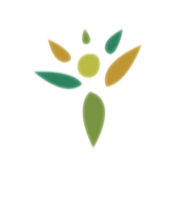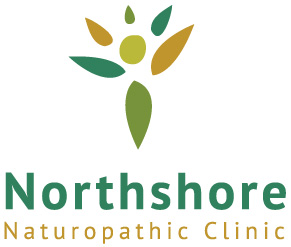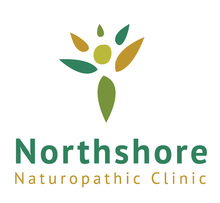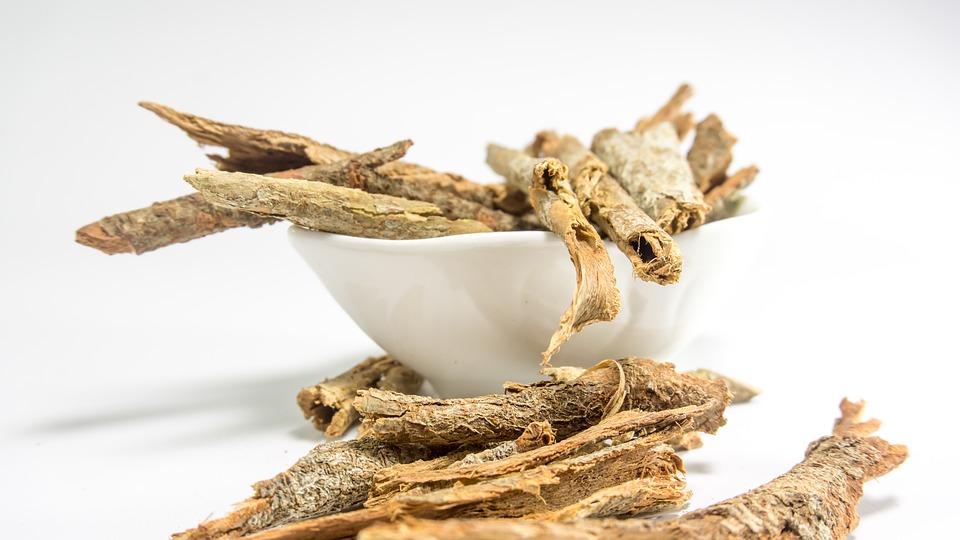Cruciferous vegetables include cabbage, cauliflower, broccoli, broccoli rabe, brussels sprouts, bok choy, collard greens, mustard greens, kale, kohlrabi, turnip, rutabaga, watercress and radishes. Most cruciferous vegetables are excellent sources of vitamin C and good sources of vitamin A, folate and fiber. They are also rich in phytochemicals that fight cancer and that improve the function of both your Phase I and Phase II enzymes.
The cruciferous vegetables contain glucosinolates that are converted by your digestive system into isothiocyanates. Isothiocyanates can aid your Phase I enzymes as they begin the breakdown of your steroid hormones, and also stimulate your Phase II enzymes to finish breaking them down into harmless substances.
The two most active ingredients of the cruciferous vegetables—indole-3-carbinol and sulforaphane—are found in the highest quantities in broccoli, cabbage, and brussels sprouts. Indole-3-carbinol is most noted for its ability to aid the breakdown of strong hormones into milder hormones through the C-2 pathway, thus protecting against breast, cervical, and prostate cancers. Sulforaphane helps fight a wider range of cancers by directly stimulating the immune system and by enhancing the Phase II enzymes.
Be sure to include several servings of these highly nutritious veggies in your diet each week. See this month’s recipe, Creamy Veggie Soup, for a soup that is rich in cruciferous vegetables.



